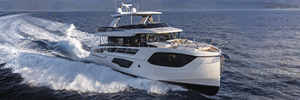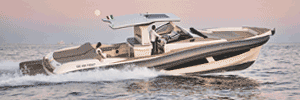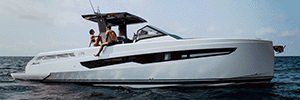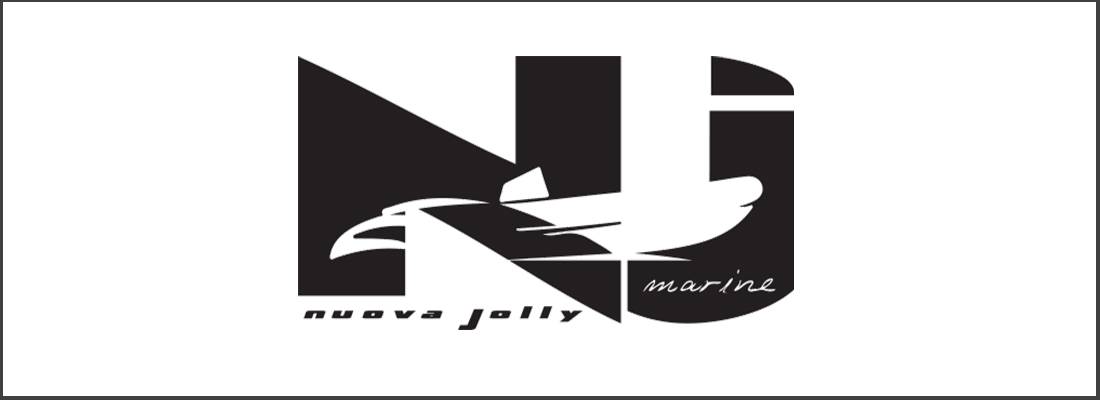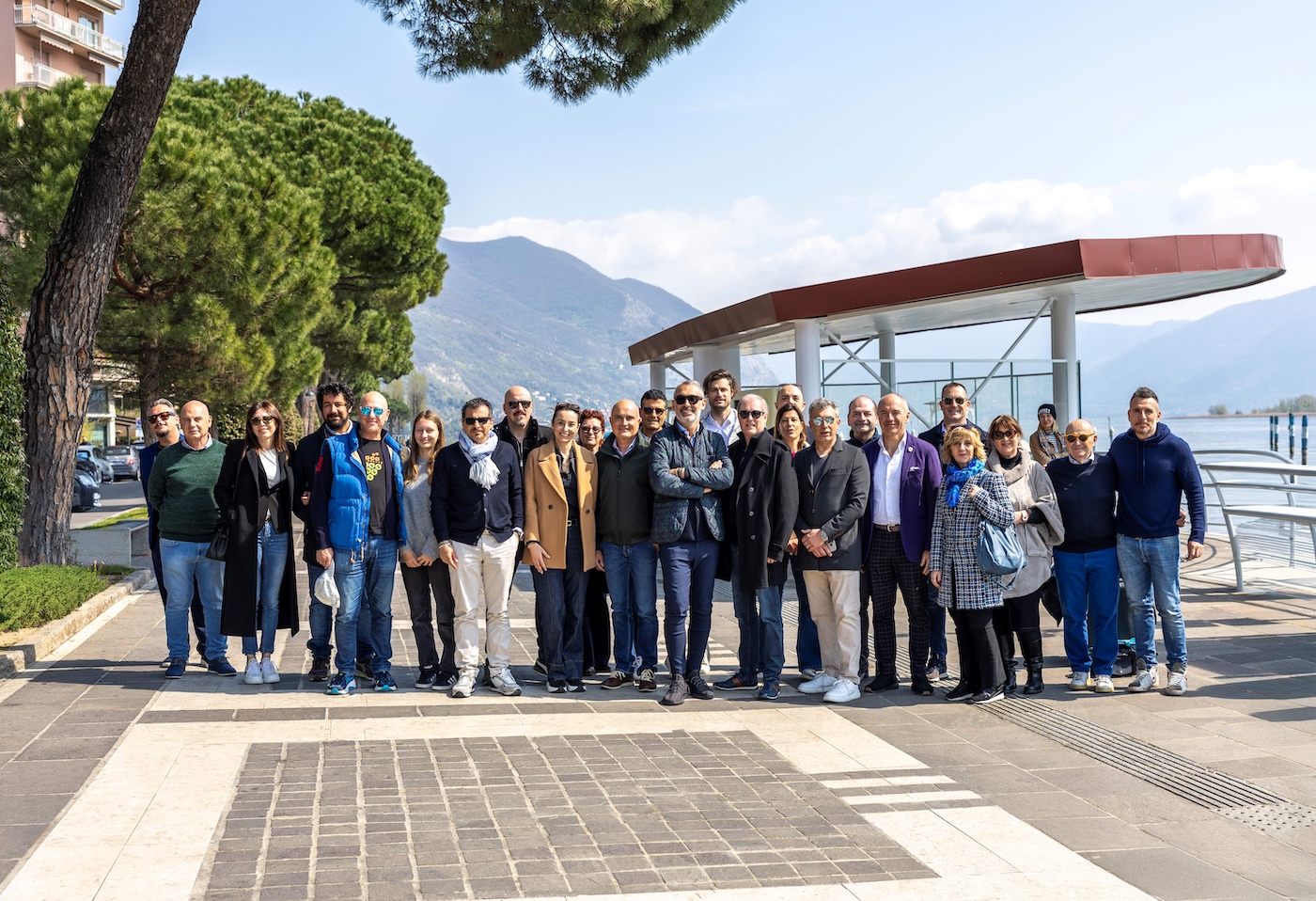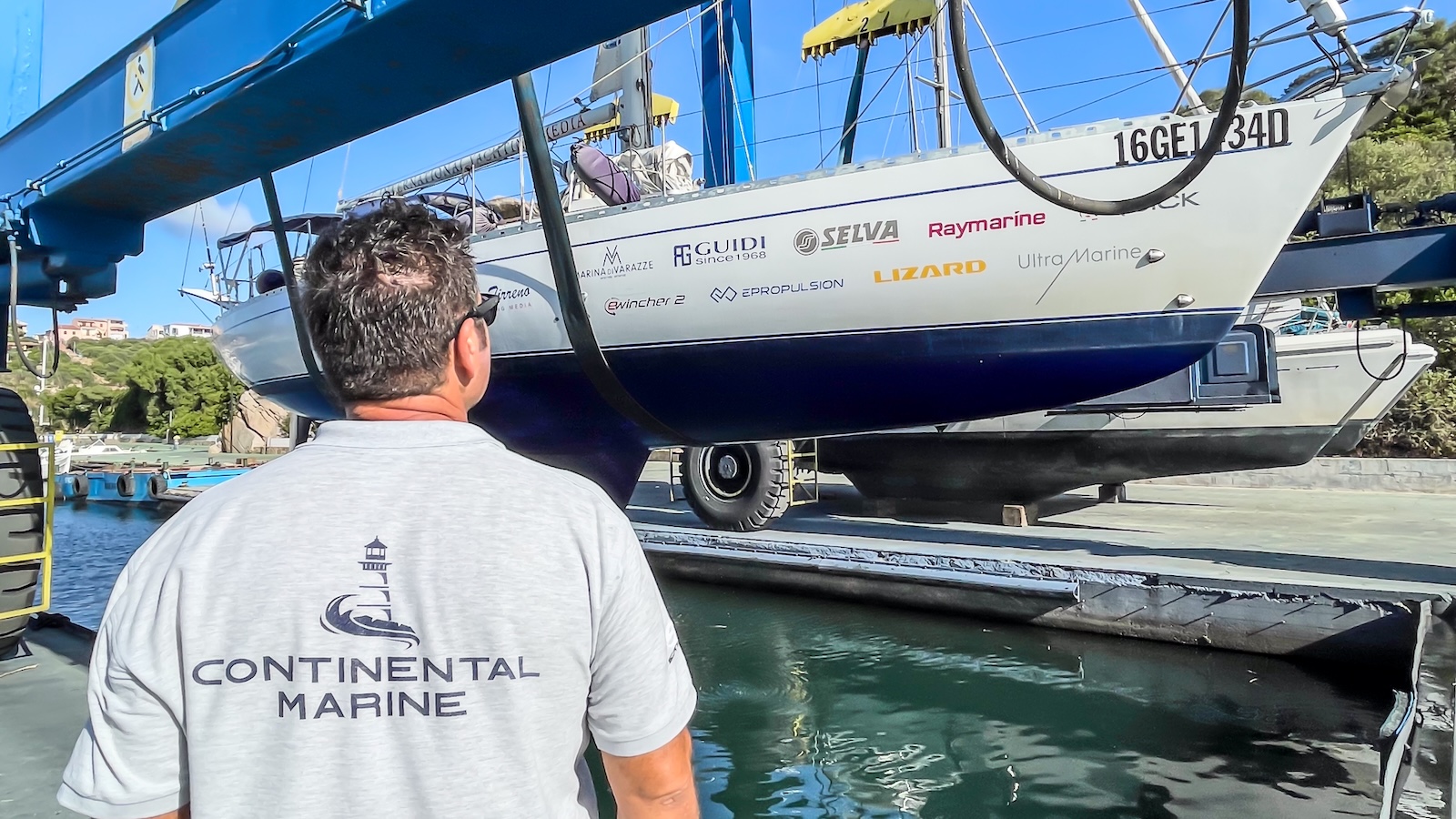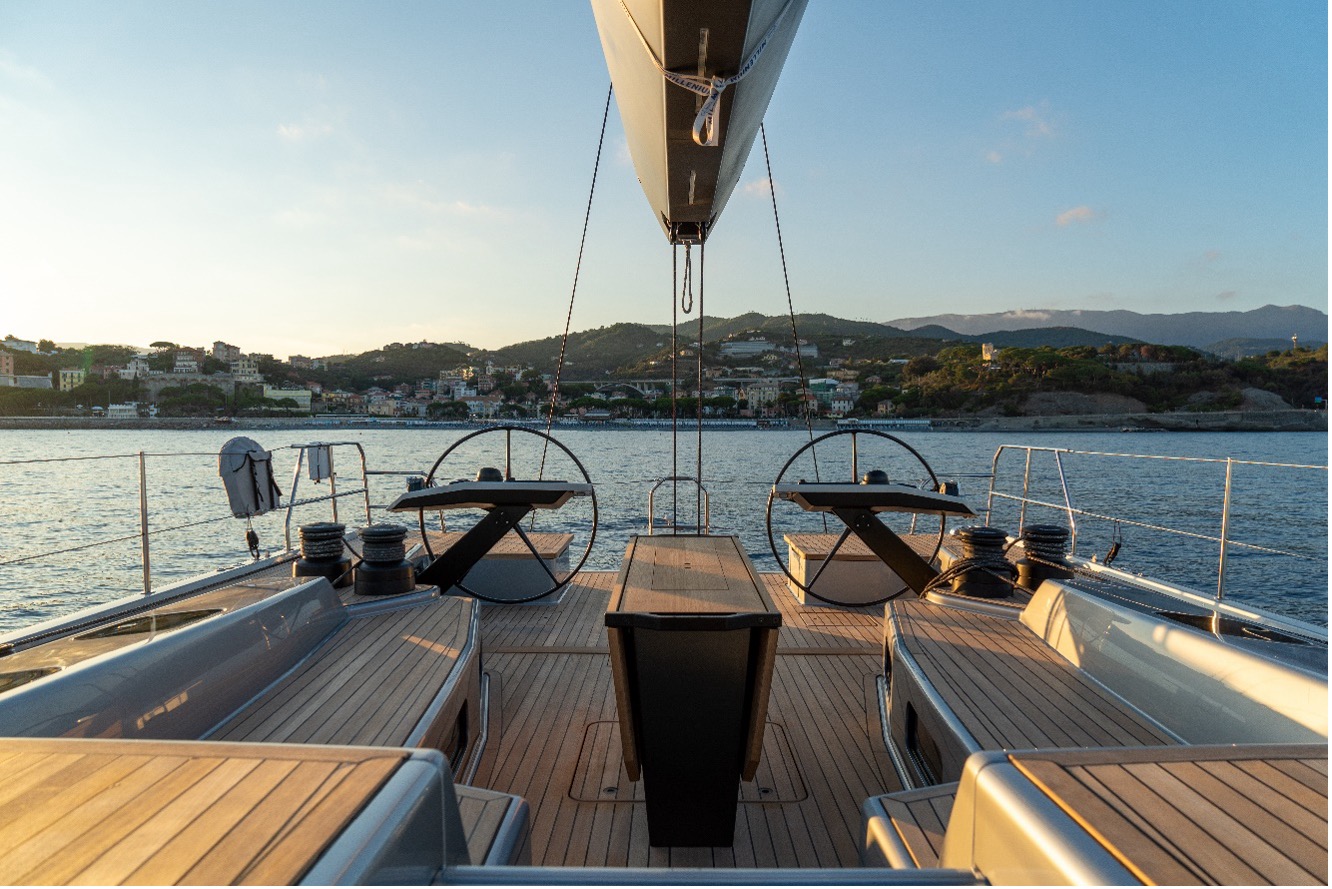Leggi l’articolo in italiano
We have already said that seamen are a pride of maniacal housewives, and I am not an exception! I am not only a clean freak but I also worry about environment and what falls in the sea. Consequently, I try to avoid polluting substances, foamy detergents, whiteners and so on. Besides the ecological aspect, the use of not aggressive substances has evident advantages for our boat: wood and all the other materials conserve and last more.
Personally, I clean the interior of my boat every week, but, whether you are not a freak like me, I suggest to clean it well before closing it in winter in order to avoid the two biggest problems of a not perfectly clean boat: mould and bad smell.
First of all, the boat must be emptied. Be sure to have 5 essential things: white vinegar, a spray degreaser (ecological and biodegradable), lukewarm water, dry rags and a soft bristle brush. In the presence of particular spots, I also use some bleach. As regards ecological degreasers, there are many models on the market: the industrial ones, for example, are concentrated and you can easily dilute them. For wood, I only use fresh water and sometimes some wax, while a solution of water and vinegar is my favourite detergent for the cabin plankings ( a cup of vinegar in a bucket of water), the fridge and the toilet drains (hot water, in this case).
Vinegar will become your best helper and you will start to use it even at home (ah, if only we could clean the floor in the sitting room with buckets like in the cockpit….). Vinegar delays the formation of mould, and if you don’t close your boat for several months I’d say that it can be sufficient. In extreme cases, you can use chemical anti-mould detergents in the moistest corners and in the bildges. Vinegar used in the toilets helps to avoid calcification which could obstruct drains (and it is very annoying!). And, finally, vinegar is a good solution to clean stainless surfaces and chromium platings.
For textile parts, the best cleaning solution depends on materials. A general diluted degreaser or a castile soap are always good. Plastic pillows and sofas need elbow grease: they must be rubbed with a soft brush and washed with a wet rag. Ecological degreasers are usually good for leather, while cotton pillow usually need a washing machine…
Finally, the bildges. Cleaning them is as important as verifying that they are well dry, so take your time and clean them properly. Empty them, suck all you can and then fill them with hot water and 1/2 cup of ecological degreaser. In this case the ecological degreaser is essential! Bleach and aggressive detergents can in fact damage water pipes, plastic part.., without considering the risk for the environment. Let the product act for a couple of hours, then turn the closed-circuit pumps for another rinsing, or empty them directly in the sea if you don’t use aggressive substances or with a plastic bottle cut in the middle.





